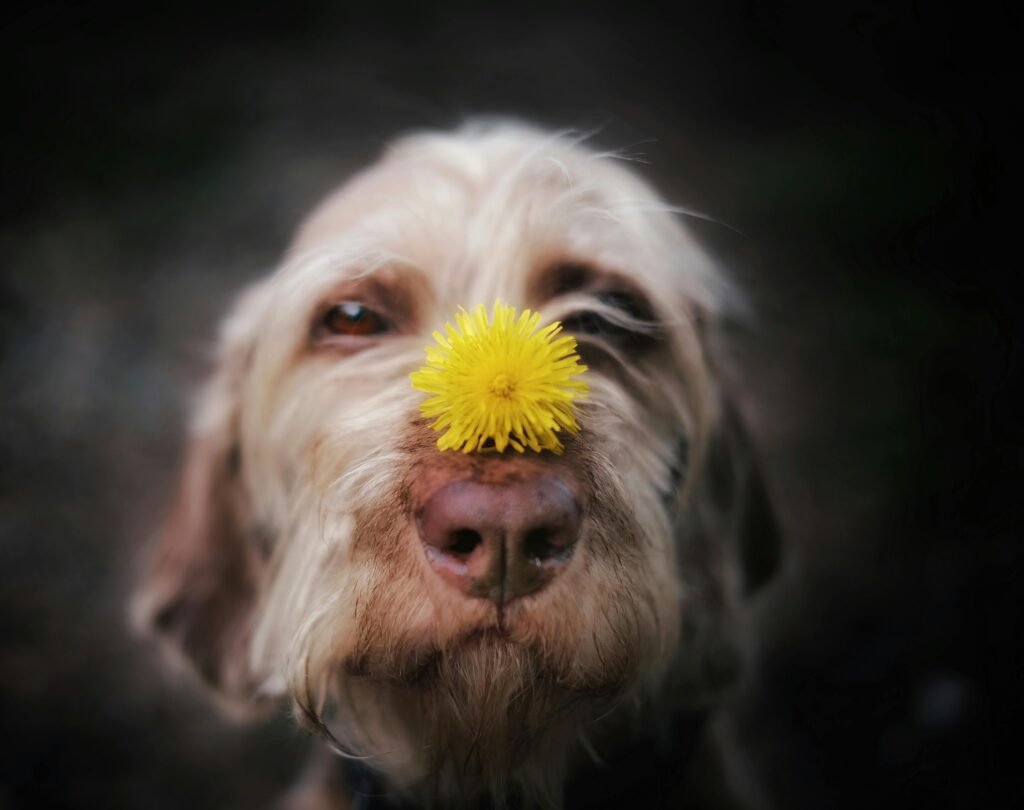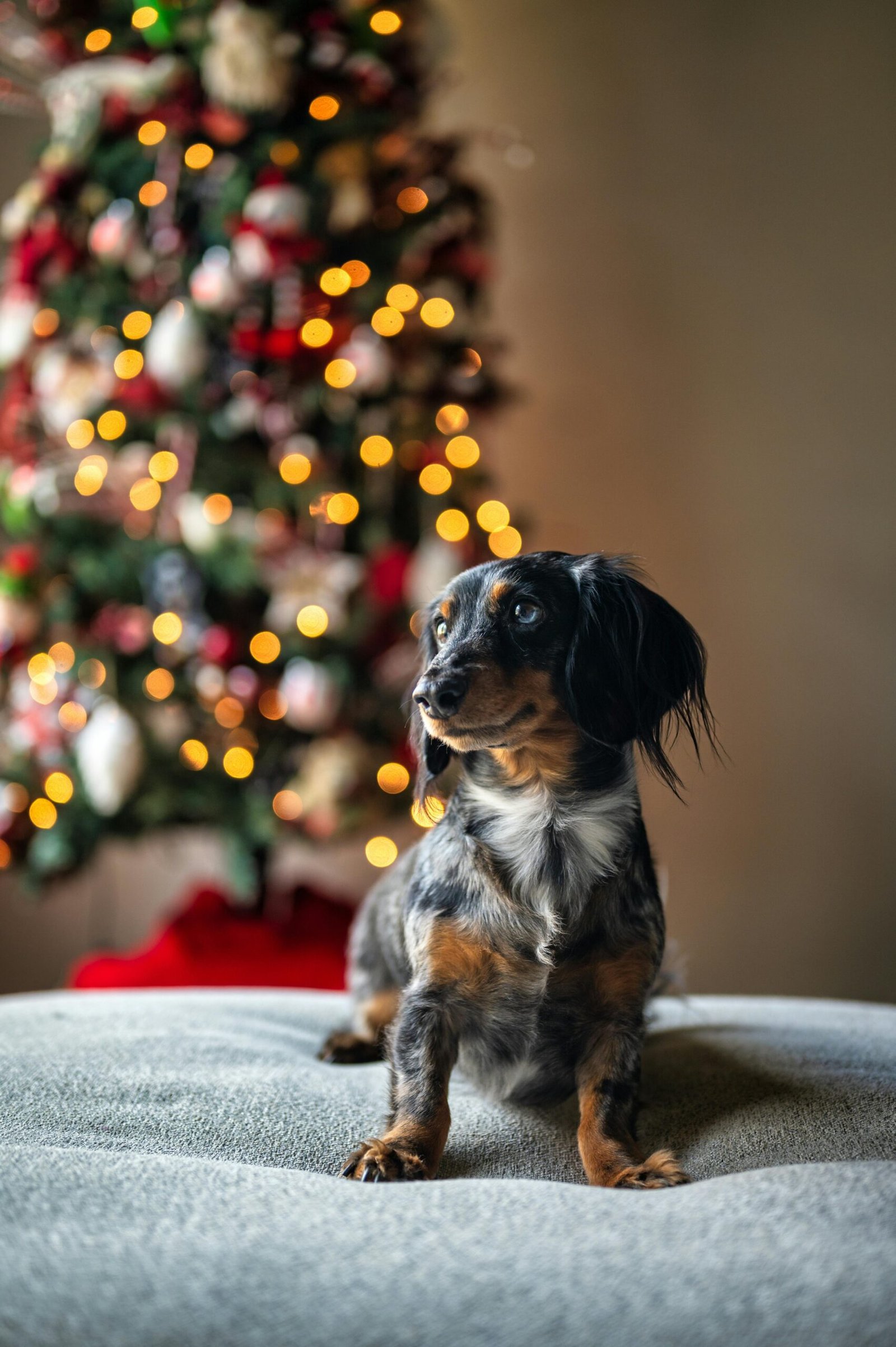Learn which winter products can harm pets, from food to skin care, and discover effective prevention measures to keep them safe and healthy.
Winter can be a wonderful season for pets, but it also brings potential hazards. From the cold air to seasonal products, many things we use to stay warm and comfortable can harm our furry friends. It’s important to understand the risks associated with certain winter products, both in food and skin care, so you can protect your pets during the colder months. This article explores common dangers and offers prevention measures to keep your pets safe and healthy.
Harmful Foods for Pets in Winter
During the winter season, we tend to indulge in rich and comforting foods. However, some of these foods can be dangerous for pets. Common holiday foods like chocolate, alcohol, and certain spices pose serious risks to pets. For example, chocolate contains theobromine, a compound toxic to both dogs and cats. Even small amounts can cause vomiting, diarrhea, seizures, or death in extreme cases. Similarly, alcohol can cause respiratory failure, coma, and even death, especially in smaller animals.
While feeding your pet a special treat may seem harmless, some human foods—especially rich or spicy ones—can upset their digestive systems. Foods like garlic and onions, found in many winter dishes, can damage red blood cells in pets, leading to anemia. Be cautious of leftovers or scraps, as they may contain harmful ingredients. Always stick to pet-friendly treats designed for your pet’s specific needs and avoid human foods altogether.
Toxic Skin Care Products for Pets
In winter, we often use various skin care products to combat the dry air. However, many of these products can be harmful to pets if they come into contact with them. For instance, antifreeze is commonly used on cars to prevent freezing in the cold weather. Unfortunately, its sweet taste makes it highly appealing to pets, but it is extremely toxic. A small amount of antifreeze can lead to kidney failure and death.
Additionally, some human moisturizers, lotions, and balms can be harmful to pets if licked or ingested. Many of these products contain chemicals that are not safe for animals. Even products labeled “natural” or “organic” can cause skin irritation, rashes, or digestive issues if consumed by pets. To keep your pets safe, ensure they don’t have access to these products, and use pet-specific alternatives instead.

Ice Melts and Other Outdoor Hazards
As the snow begins to fall, we often rely on ice melts to clear our driveways and sidewalks. While these products help prevent slips and falls, they can be harmful to pets. Most ice melts contain salt or chemicals that can irritate your pet’s paws. If your pet walks through salt-treated areas, they may lick it off their paws, which can cause gastrointestinal upset or poisoning.
Additionally, prolonged exposure to salt can dry out your pet’s paw pads, making them cracked and painful. Some ice melts also contain more toxic chemicals, which can be even more dangerous if ingested. As a preventive measure, consider using pet-safe ice melts that are designed to be non-toxic. Always wipe your pet’s paws after outdoor walks to remove any salt or chemicals, reducing the risk of exposure.
Preventing Dry Skin and Irritation
Winter air can be harsh on your pet’s skin. Just as it dries out your skin, it can have the same effect on your pet’s coat. Dry, flaky skin can cause itching and discomfort. If left untreated, it can lead to hair loss or infections. Pets with longer fur, such as cats and dogs with thick coats, are particularly susceptible to skin problems during winter.
To prevent this, ensure your pet is regularly groomed. Brushing their fur helps distribute natural oils and keeps their coat healthy. Also, consider using a humidifier in your home to maintain moisture in the air. If your pet’s skin becomes too dry or irritated, consult your vet for a pet-safe moisturizing shampoo. Additionally, avoid over-bathing your pet in winter, as it can strip their coat of essential oils.
Dangers of Cold-Weather Gear for Pets
While it’s important to protect pets from the cold, not all cold-weather gear is safe for them. Sweaters, boots, and coats may be necessary for smaller breeds or pets with short coats, but improper fit can cause discomfort. Too-tight clothing can restrict circulation, while overly loose clothing may get caught in objects, causing injury.
When selecting clothing for your pet, ensure it fits snugly but not too tight. Check that the materials used are breathable and suitable for the pet’s activity level. If your pet is not accustomed to wearing clothes, start with short sessions to allow them to adjust gradually. Always supervise your pet when they’re wearing new gear to ensure it doesn’t cause any harm.
Protecting Pets from Harmful Winter Products
Now that we’ve covered some of the common hazards, it’s important to focus on prevention. To keep your pets safe during the winter months, first and foremost, store all harmful products out of reach. This includes food, antifreeze, and skin care items. Educate your family members and guests about the potential dangers and remind them not to share food with your pets.
If you’re using ice melts or chemicals outdoors, opt for pet-safe versions. After walks, clean your pet’s paws to remove any potentially harmful substances. Regular grooming is another crucial step in preventing skin problems. Additionally, ensure your pet has access to plenty of fresh water to stay hydrated, as dry air can quickly lead to dehydration.
Lastly, consider investing in pet-specific winter accessories such as boots and coats to protect them from the cold. These items are designed with your pet’s comfort and safety in mind. If you notice any signs of discomfort, like limping or excessive scratching, consult your veterinarian immediately.
Conclusion
Winter can be a cozy time for you and your pet, but it’s important to stay vigilant about potential dangers. Harmful foods, toxic skin care products, and hazardous outdoor conditions can all affect your pet’s well-being. By being proactive and taking the necessary precautions, you can ensure your pet stays healthy and happy throughout the winter months. Regular grooming, proper clothing, and safe products will help protect your furry friend from the cold’s harmful effects.
